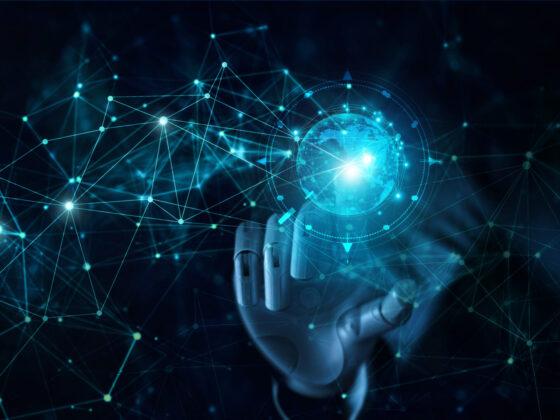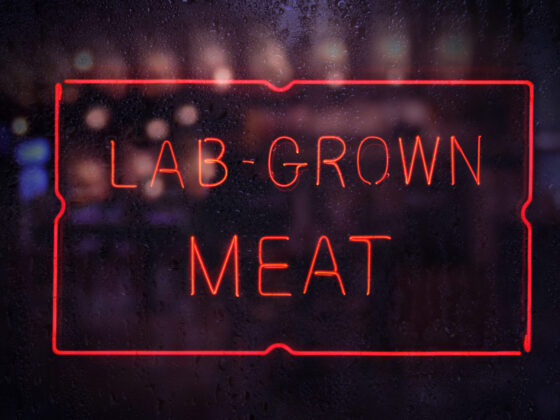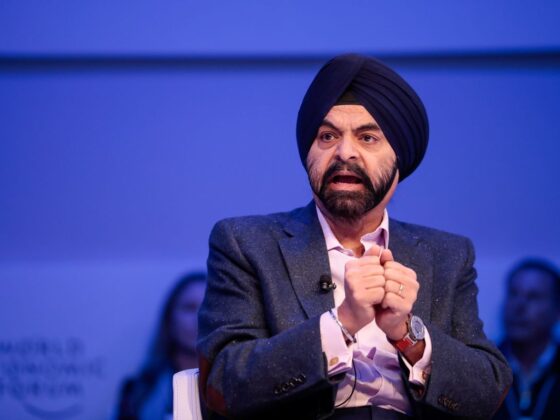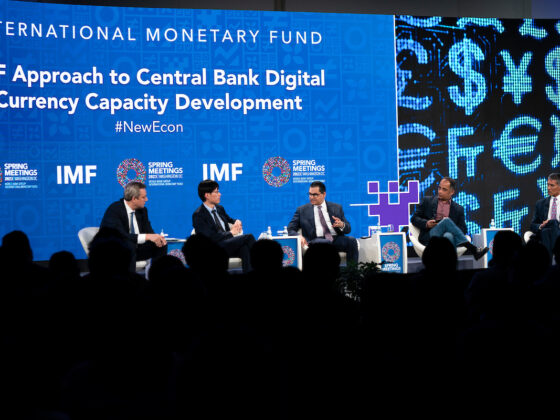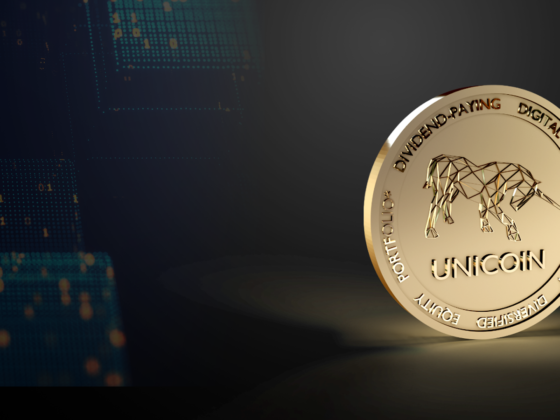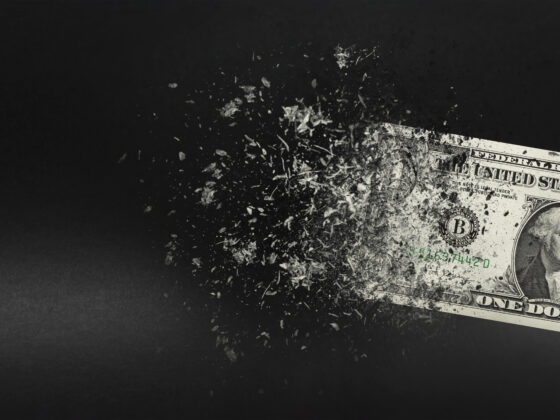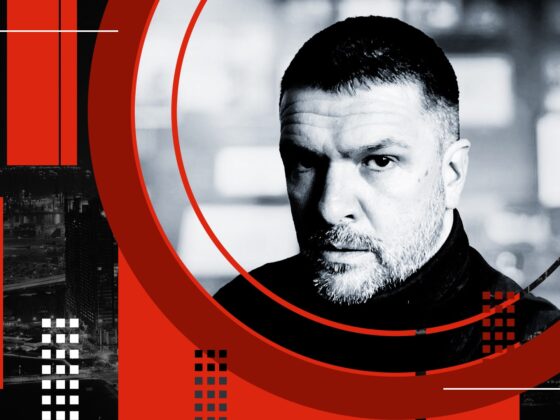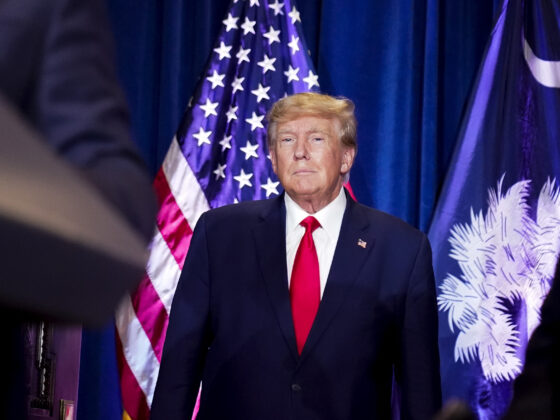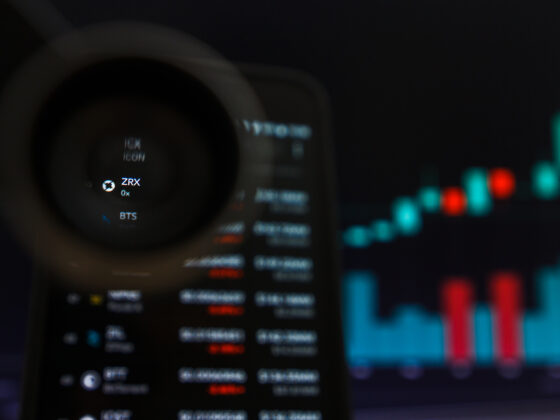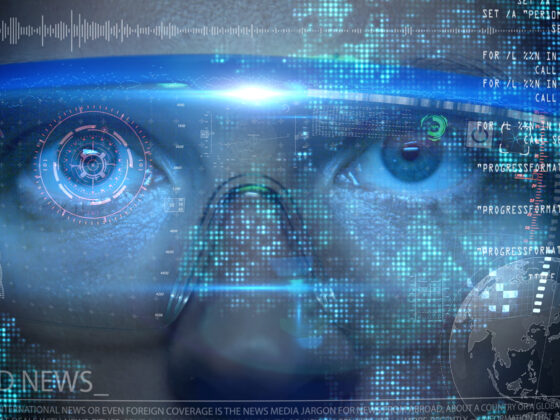“By 2030, we’ll see, for example, credit scoring expanding into ‘life scoring’.
I found a piece in the archives of the World Economic Forum titled – “Trust in 2030 – from institutions to individuals.”
The year is 2030, trust has gone digital. How do you score? My piece for @wef future series. https://t.co/Ts5xS43jiR #trustshift
— Rachel Botsman (@rachelbotsman) January 14, 2018
It’s written by Rachel Botsman a Young Global Leader, and the author of “Who Can You Trust?”
Rachel Botsman is an expert on the explosive and unprecedented area of trust. An award-winning author, speaker, and Oxford lecturer. A Young Global Leader at the World Economic Forum. She also writes for Wired, the Guardian, the Wall Street Journal, etc.
This is part of the technological transformation series, which is about the fourth industrial revolution. This article focuses on trust. Decribing that trust has been eroded over time by institutions like banks, governments, charities, and the media.
It sets up the idea that online service providers like Uber or Amazon must have a certain level of trust. You wouldn’t do business with them otherwise.
After that, it introduces the idea of a life score and asks: What’s yours?
“By 2030, we’ll see, for example, credit scoring expanding into ‘life scoring’.
Identity and reputation will be digitised and analysed in minute detail. This will shape a future where a personal ‘trust score’ will be the norm, with all the benefits and drawbacks that might bring.”
It’s a bold prediction, but she might be right. This seems to be where we’re heading. She continues:
“It’s already underway in China, where, in a pilot scheme, citizens are being given a Social Citizen Score based on individual actions.”
“Their simple everyday choices – from their shopping selections or patterns of bill payment to their choice of friend – all contribute towards influencing that score, whether the person is aware of it or not.”
“Fair or unfair, the results will be permanent. It’s easy to imagine a similar system becoming universal.”
It’s almost Orwellian. It’s because we’re dealing with the WEF. They’re dangerous, they’re unelected, but that’s not the most frightening thing: these young global leaders are pushing the same Chinese social credit agenda in every country. Like a virus, they’ve infected democracy.
She explains that Tala, the fifth most downloaded app in Kenya, uses data from a person’s network to prove their trustworthiness when they have no credit history. Or Traity, an insurance company building smart ways to assess risks and let people use their online reputations to get a better deal.
It could play right into the WEF’s hands. WEB 3.0 and the metaverse would have a single digital wallet.
Our information is already being used to create a profile on us. It could be an app to track your energy usage and receive coupons for efficient energy use behaviors, such as not running your appliances during peak hours. You can also use apps that rate your online banking transactions to see how much carbon you’re consuming.
Each records and updates private data. We’re already sleepwalking towards a panopticon of digital control. She also makes a startling point:
“Cryptocurrencies such as Bitcoin and Ether (or whatever comes next) will be mainstream forms of money, and the blockchain – a ledger technology based on distributed trust – will be used for everything from tracking the source of food or blood diamonds, to bypassing real estate agents.”
Basically, she’s saying that a digital monatory system like a future CDBC could one day use blockchain smart contracts. They’ll be able to track every product from source to destination and know where it is. There are so many possibilities, and we’ve barely scratched the surface of how they could be used.
They’ll be sold as convenience or luxury. The story doesn’t end there. The CDBC, as it stands, is not the end game for the elites, but an instrumental piece in which a life score within your digital identity wallet will be easier to collate.



